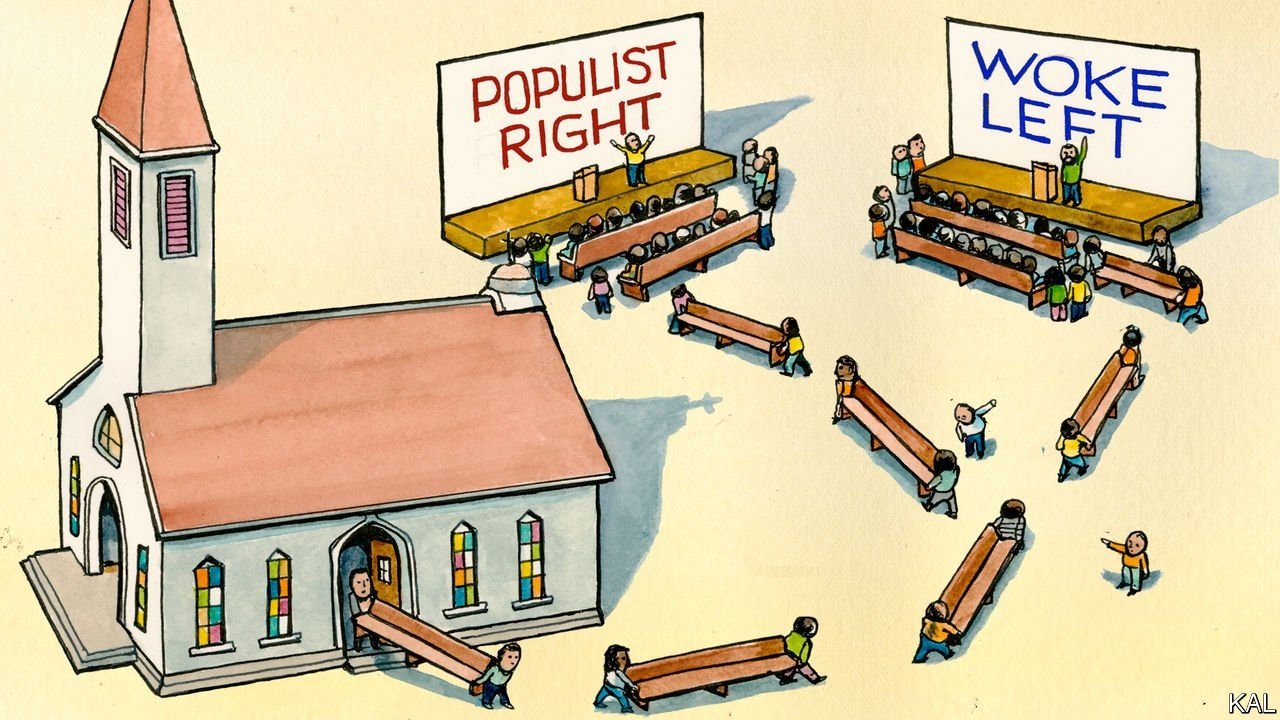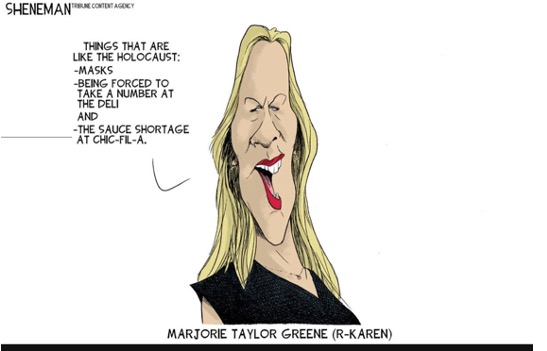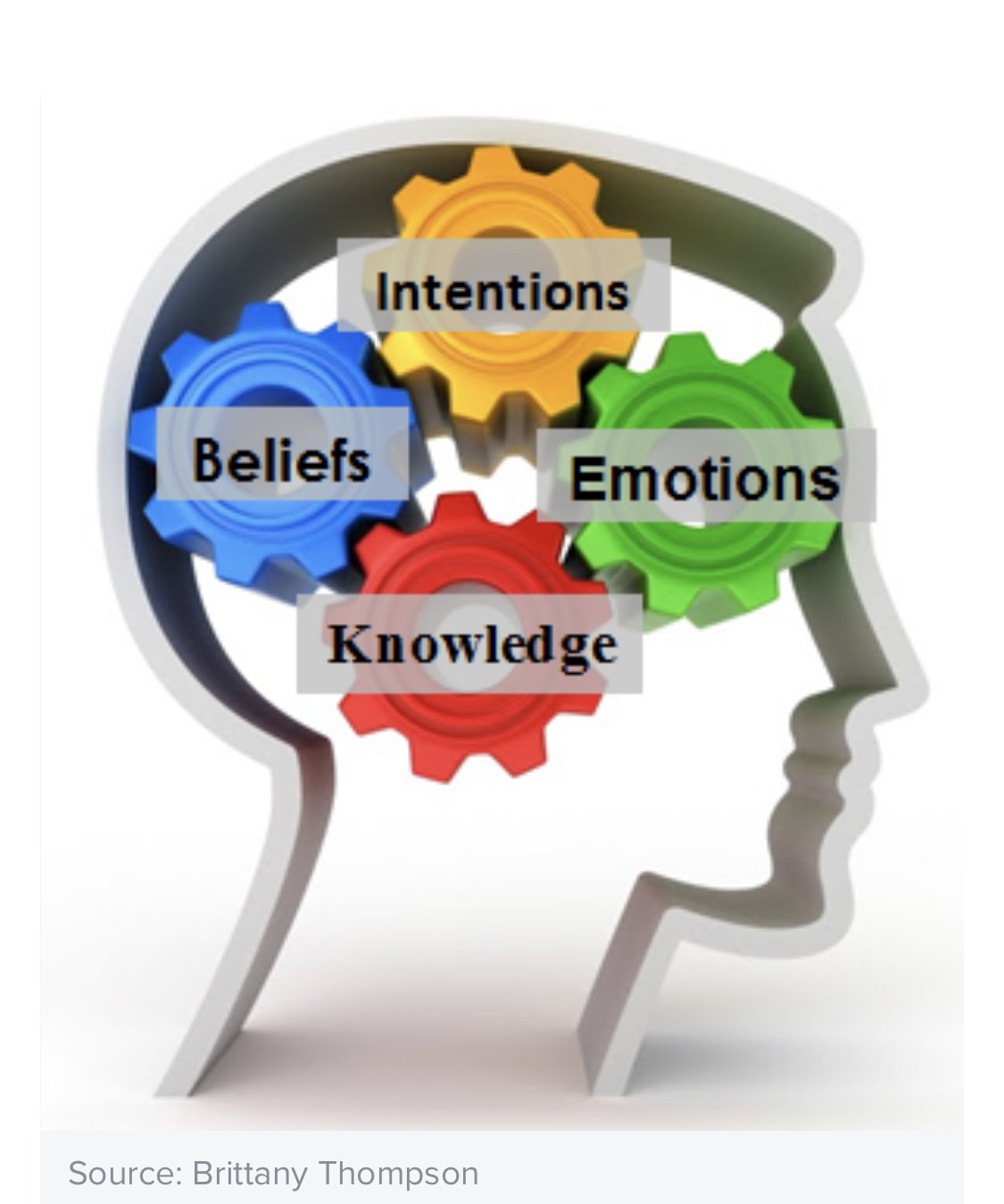If I knew you and you knew me,
and each of us could clearly see
by the inner light divine
the meaning of your heart and mine;
I’m sure that we would differ less
and clap our hands in friendliness.
If you knew me and I knew you.
Howard Thurman
Understanding the complexity of human beings takes time, effort, and imagination. One must ‘fool around’ the edges of another’s life getting closer and closer to the central place. There must be a will to understand which informs the integrity of one’s desire to understand. 2022 can be a year we step out and lead the critical conversations that will heal our nation.
The Bible teaches us in Ephesians and Colossians how to accomplish this, “Let no unwholesome talk come out of your mouths, but only what is helpful for building up the one in need and bringing grace to those who listen.” And that, “Your speech must always be with grace, as though seasoned with salt, so that you will know how you should respond to each person.”
The Foundation for Critical Thinking offers, “much of our thinking left to itself, is biased, distorted, partial, uninformed or down-right prejudiced. Yet the quality of the life we produce, make, or build depends precisely on the quality of our thoughts. Shoddy thinking is costly to our spiritual witness. Excellence in thought, however, must be systematically cultivated.”
We naturally think from our own perspective, from a point of view which tends to privilege our position. Fairness implies the treating of all relevant viewpoints alike without reference to one’s own feelings or interest. Because we tend to be biased in favor of our own viewpoint, it is important to keep the standard of fairness at the forefront of our thinking. This is especially important when the situation may call on us to see things we don’t want to see or give something up that we want to hold onto.
Most people do not understand the degree to which they have uncritically internalized the dominant prejudice of their society or culture. Sociologist and anthropologists identify this as the state of being “cultural bound.” This phenomenon is caused by sociocentric thinking, which includes:
- The uncritical tendency to place one’s culture, nation, religion above all others,
- The uncritical tendency to select self-serving positive descriptions of ourselves and negative descriptions of those who think differently from us,
- The uncritical tendency to internalize group norms and beliefs, take on group identities, and act as we are expected to act—without the least sense that what we are doing might reasonably be questioned,
- The tendency to blindly conform to group restrictions (many which are arbitrary or coercive),
- The failure to think beyond the traditional prejudices of one’s culture,
- The failure to study and internalize the insights of other cultures (improving thereby the breath and depth of one’s thinking),
- The failure to realize that mass media in every culture shapes the news from the point of view of that culture,
Sociocentric thinking is a hallmark of an uncritical society. It can be diminished only when replaced by cross-cultural, fair-minded thinking.
Let’s move into 2022 with a new mind, the mind of Christ. It means we share Jesus’ perspective of humility and obedience (Philippians 2:5-8), compassion (Matthew 9:36), and prayerful dependence on God (Luke 5:16). The believer bears a responsibility to yield to the Spirit’s leading (Ephesians 4:30) and to allow the Spirit to transform and renew our mind (Romans 12:1-2).
Merry Christmas and Happy New Year!










